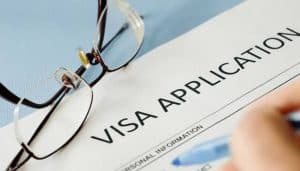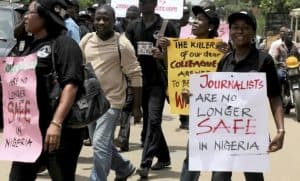
As social media evolves, concerns about privacy and liberty continue to arise, and the question of how much freedom individuals can have in terms of their privacy while using social media remains unanswered. Governments may want to regulate social media to ensure public safety, while people may want to protect their privacy by using encrypted social media platforms. Both options have advantages and disadvantages, leaving us with the question: how can we strike a balance between privacy and liberty in a digital world?
Social media has become the most widely used form of communication, with over 4.5 billion users worldwide. While it has numerous advantages such as networking opportunities, selling products and services, and providing a means of campaigning for politicians, it also has its drawbacks. With the increasing number of social media users, concerns about user privacy and how to protect it while ensuring people’s liberty are growing.
Privacy is a fundamental human right that should be protected. The Universal Declaration of Human Rights states that “No one shall be subjected to arbitrary interference with his privacy, family, home or correspondence.” In the digital age, it is essential to protect our privacy, as sharing personal information online can lead to identity theft, data breaches, and potential misuse of our data for malicious purposes.
To protect our privacy, we must be mindful of the information we share online and take steps to secure our data. Using strong passwords, two-factor authentication, and being aware of the privacy policies of websites and apps are crucial. However, using encrypted social media platforms to protect privacy can also become a safe haven for criminals and unethical behavior. There is, therefore, a need for government regulation to prevent false information and maintain decorum in the online space. While government regulation may infringe on human freedom of expression, it is necessary to maintain public safety.
In addition to protecting privacy, we must ensure that our freedom of expression and access to information is not restricted. Censorship laws and regulations, potential restrictions on access to websites or services by governments or corporations, and online harassment or hate speech must be monitored. Freedom of expression is essential, but it should not put others in harm’s way. Individuals should be allowed to post personal information or make controversial topics on social media, as long as they do not cause harm to others or themselves. The role of government should not be to infringe on its citizens’ private lives, but to protect their privacy and ensure their safety.
Finding a balance between privacy and liberty in a digital world is a challenge. We must take steps to protect our privacy while ensuring our freedom of expression and access to information are not restricted. Individuals must be aware of the potential risks of sharing personal information online, while governments must regulate social media to maintain public safety. The balance between privacy and liberty is crucial, and it is up to all of us to ensure that we find it.
Image was generated by Midjourney.







